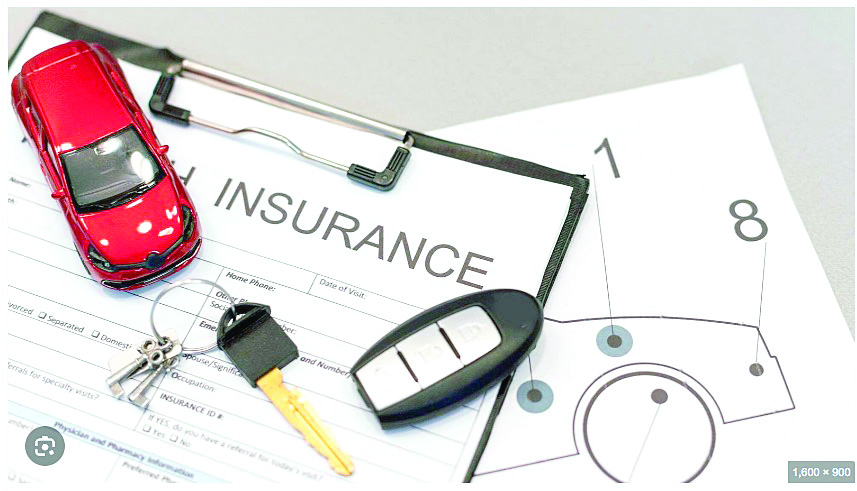Why car owners are downgrading insurance policies

Economic pressures are prompting a shift among Kenyan car owners, with estimated 6 per cent opting to downgrade their insurance coverage from comprehensive to third-party policies.
This trend is largely driven by rising insurance costs and increased taxes, which have significantly impacted disposable income.
According to Norman Gituku, Britam’s Senior Actuarial and Business Development Manager, “motorists are now looking for ways to save and cope with their current level of income.”
Comprehensive insurance provides extensive coverage, including protection against theft, fire, and damage to the insured vehicle. In contrast, third-party insurance only covers damages incurred by other parties in an accident.
While downgrading to third-party insurance may offer immediate financial relief, it exposes vehicle owners to potentially substantial out-of-pocket expenses in the event of an accident or unforeseen incidents.
Gituku, notes that this shift is not yet fully reflected in industry data, but is becoming increasingly apparent. The economic background in Kenya has been challenging, with gross income decreasing by 1.5 per cent due to the introduction of the housing levy.
Despite nominal income remaining stable, this decline effectively reduces purchasing power for many individuals. The anticipated surge in downgrades is expected to be worsened by the introduction of the Social Health Insurance Fund (SHIF), which requires contributions of 2.75 per cent of an individual’s gross salary.
The broader context for this shift includes a significant increase in motor insurance premiums across the sector. Latest data from the Insurance Regulatory Authority (IRA) indicates that gross premiums from motor underwriting rose by 14.1 per cent, reaching Sh54 billion.
This increase was largely due to insurers raising premium costs to mitigate losses within the motor insurance class, with some motorists facing hikes of up to 50 per cent.
Despite these increases, the motor insurance sector continues to struggle with challenges. The IRA that covers January to December 2023 indicates that total claims incurred by the class grew by 5.8 per cent to Sh37.4 billion from Sh35.4 billion, driven by rising costs associated with spare parts and repairs.
As Gituku points out, “the higher premiums have served to improve the liquidity of motor underwriters to meet claims from customers,” yet the industry remains under pressure due to escalating claims costs.
In response to these economic pressures and changing consumer behaviours, insurers are beginning to offer more flexible payment solutions. Britam General Insurance has launched Britam Motiflex, a plan designed to alleviate the financial burden associated with traditional annual premiums.
James Mbithi, Acting CEO and Principal Officer at Britam General Insurance said “Britam Motiflex is designed to make comprehensive coverage more accessible by offering flexible payment options.”
This innovative solution allows customers to choose from various payment plans—monthly, quarterly or semi-annual—making comprehensive car insurance more manageable for those facing financial constraints.
Mbithi said customers can start with an initial payment as low as Sh4,000 while retaining all benefits associated with comprehensive coverage.
The trend towards downgrading insurance coverage has significant implications for both individual car owners and the broader insurance market in Kenya. As more motorists opt for third-party policies, insurers may face increased pressure on profitability due to reduced premium income from comprehensive policies. This shift could lead insurers to adjust their offerings or pricing strategies further.
As Gituku observes, “this pattern hasn’t fully reflected in the data yet,” suggesting that the full impact of these economic pressures may take time to manifest within industry statistics.
As economic conditions continue to worsen, more car owners are increasingly seeking other cost-effective solutions for their insurance needs.
Experts say the shift from comprehensive coverage to third-party policies reflects a broader trend of consumers prioritizing affordability over extensive protection amid rising costs and declining purchasing power.












